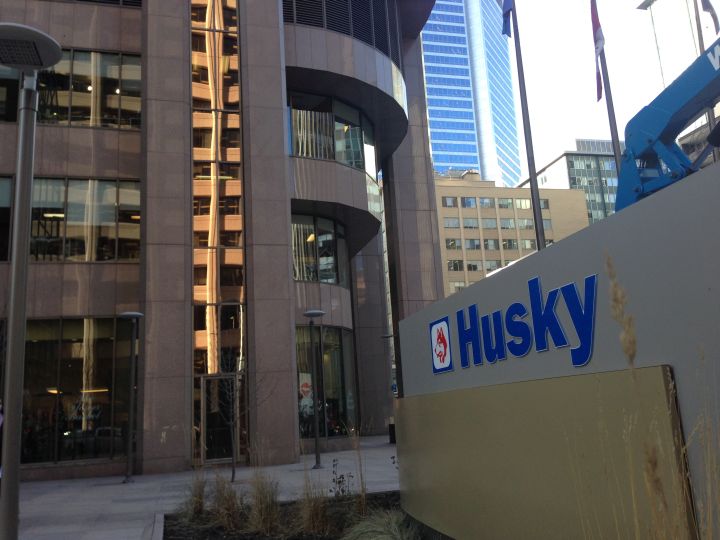The Alberta government’s oil production curtailments have boosted local prices but it has come at the cost of service industry layoffs, poorer rail shipping economics and “unprecedented uncertainty” among investors, says the CEO of Husky Energy Inc.

Rob Peabody called on the newly elected United Conservative Party to kill off the curtailment program brought in by the NDP in January, designed to ease heavy discounts on crude prices by clearing a glut of oil caused by growing production outpacing pipeline capacity.
“Quotas have admittedly resulted in narrower differentials but this has been at the expense of making rail shipments less economic,” Peabody said on a conference call Friday, adding data doesn’t show much reduction in overall crude storage levels in the province.
“Industry is shutting in barrels that would otherwise have been economic. This has provoked job losses and resulted in economic hardship for the service sector, which will ultimately reduce the tax base,” he said.

Get breaking National news
“Whether higher royalties on a diminished production base offset the broader social costs is an open question.”
On Wednesday, Cenovus Energy Inc. CEO Alex Pourbaix told analysts the program is working well and delivering billions of dollars in additional royalties to the provincial treasury.
He asked the UCP government, set to be sworn in next week, to continue in its support of the program.
The curtailment program that started Jan. 1 was designed to keep 325,000 barrels per day off the market. It is to fall to about 175,000 bpd by June.
The plan has been opposed by producers with Canadian refining or upgrading operations such as Husky, Suncor Energy Inc. and Imperial Oil Ltd. that benefit from lower local oil prices.
Husky reported earning $328 million in its latest quarter, up from $248 million a year ago.
The company says the profit amounted to 32 cents per share for the three months ended March 31, compared with a profit of 24 cents per share a year earlier.
Production in the quarter averaged 285,200 barrels of oil equivalent per day, down from 300,400 in the same quarter last year, due to the Alberta cuts and the ramp-up of operations at the White Rose field off the cost of Newfoundland, where production resumed at the end of January after an oil spill that suspended operations.
Production in the Atlantic region averaged 7,600 barrels per day compared with 28,400 a year ago.
Husky says its average realized price was $47.20 per barrel of oil equivalent, up from $40.87 in the year-ago period.

Comments
Want to discuss? Please read our Commenting Policy first.